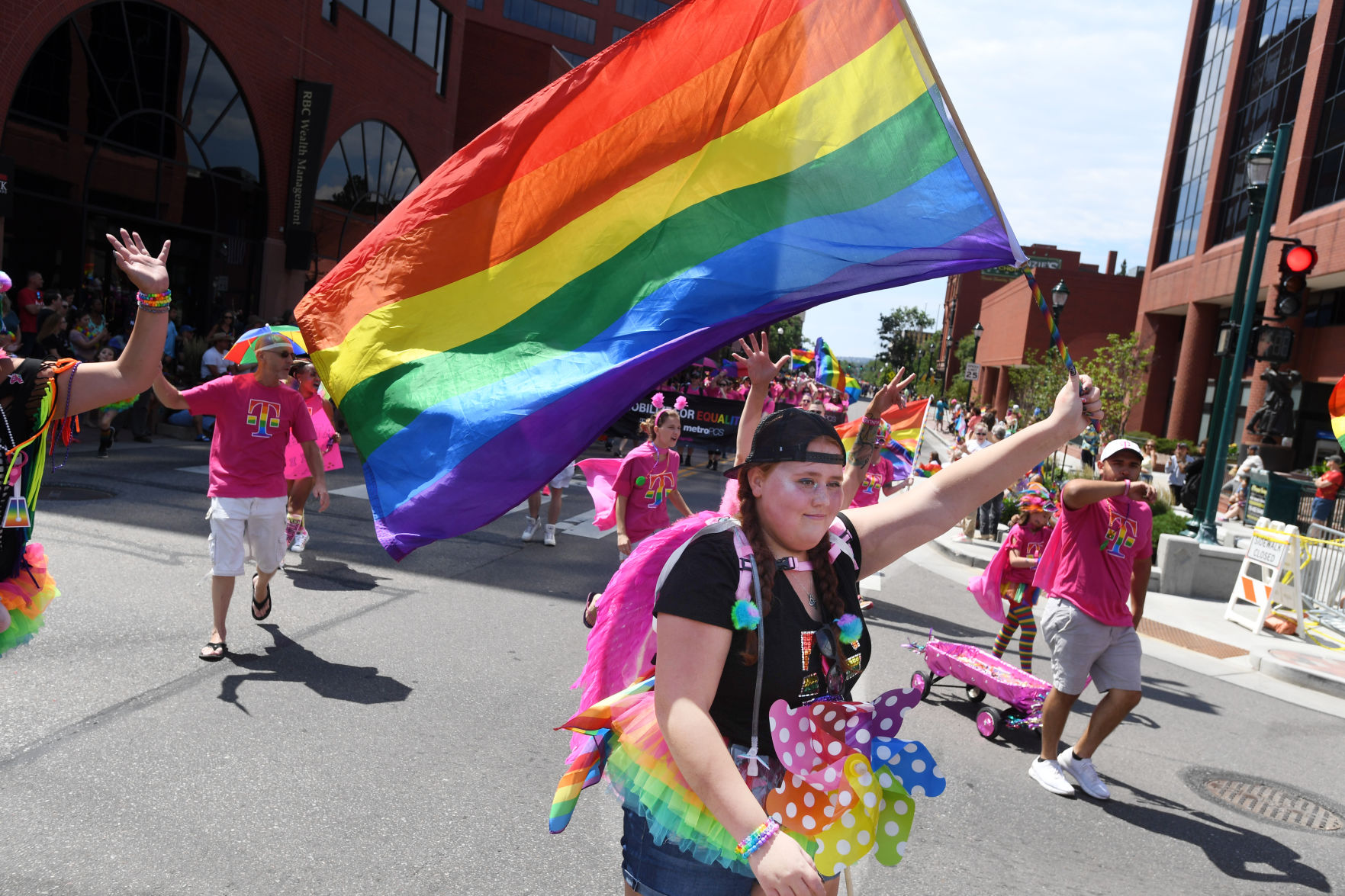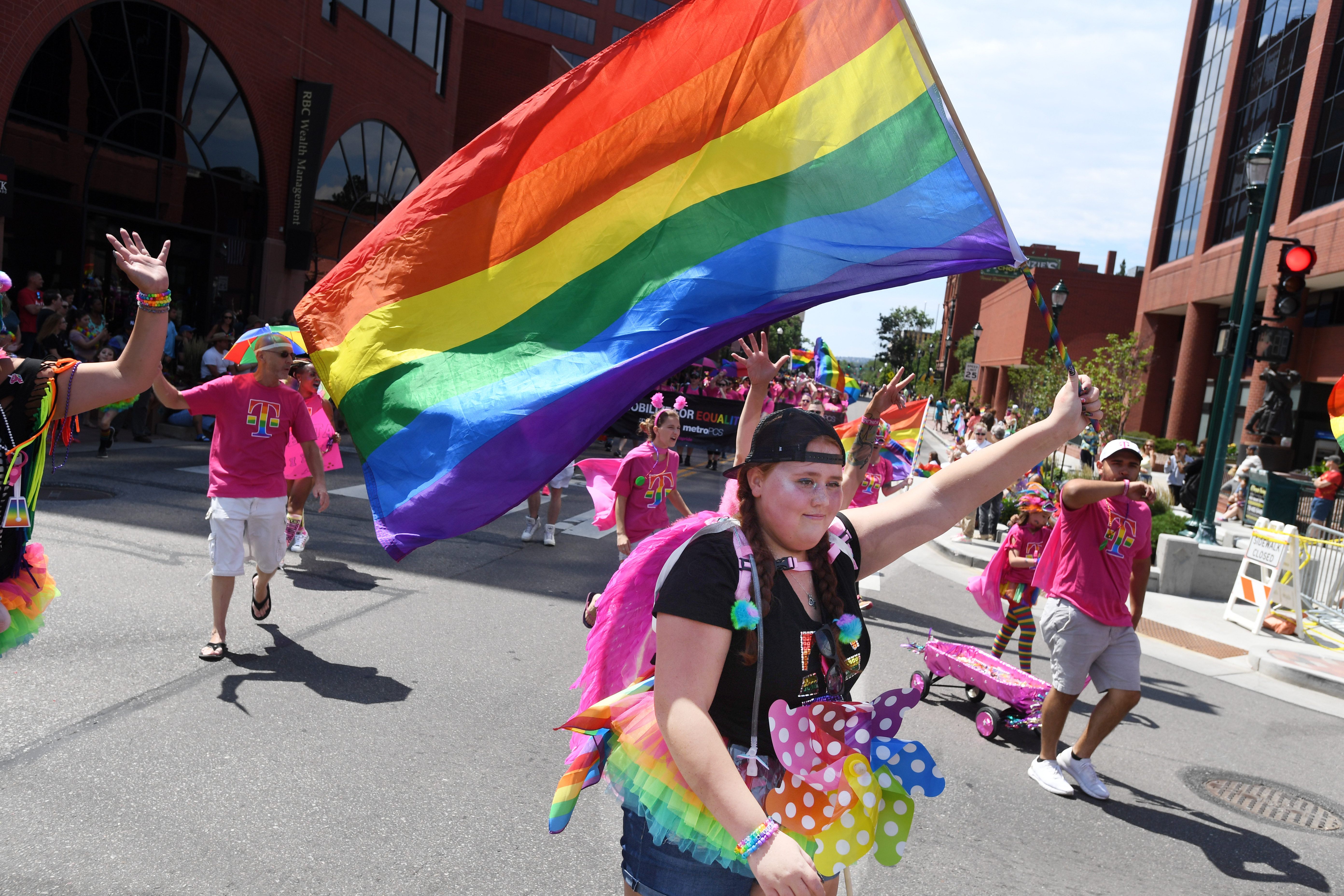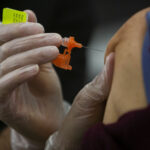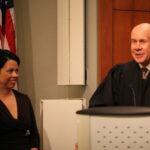Ethics panel gives green light to state judges participating in PrideFest

The Colorado Supreme Court’s ethics advisory panel gave its blessing to state judges who would like to attend LGBTQ pride festivals and even march with a legal association in pride parades.
A March 25 opinion from the Colorado Judicial Ethics Advisory Board responded to an anonymous judge who regularly attended and marched in pride parades before joining the bench, but inquired whether he or she could still do so as a judge. The board concluded that, as long as the judge is involved in the “general celebration” and does not appear to endorse a particular political organization, the judge could march with the Colorado LGBT Bar Association in Denver’s pride parade.
“Because PrideFest is a community festival intended to promote inclusivity, equal rights, and equal application of the law, there is no concern that a judge’s participation in the event would undermine the public’s confidence in the judiciary or give the appearance of impropriety or bias,” the opinion noted.
In reaching its decision, the advisory board referenced its previous guidance from the summer of 2020 after racial justice protests had broken out across the world in response to the murder of George Floyd in Minneapolis. At the time, the board said that judges should not participate in Black Lives Matter or pro-police rallies because such “political and divisive” statements may create an appearance of impropriety.
Similar guidance existed in other states, counseling judges against participating in organized events in favor of immigrants or against the policies of former President Donald Trump, for example. In January of this year, the Colorado Supreme Court reinterpreted the Code of Judicial Conduct to bar judges from participating in political parties’ caucus elections.
However, the ban on civic participation is not absolute. Connecticut’s ethics committee gave the thumbs up to a judge serving as a grand marshal in an ethnic parade and Massachusetts similarly allowed a judge’s attendance at events sponsored by the organization formerly known as Gay & Lesbian Advocates & Defenders or GLAD.
“Complete separation of a judge from extrajudicial activities is neither possible nor wise; a judge should not become isolated from the community in which the judge lives,” guidance in Colorado’s judicial conduct code reads.
The advisory board cautioned that if judges choose to attend community events like PrideFest, they should not participate in their capacity as judges, be prepared to leave if the event turns political or violent, and not allow other participants to use the judge’s status to advance their own agendas.
“Simply put, judges cannot control how attendees and other third parties will act at an event, but they must control their own behavior, constantly be aware of the situation, know that they will likely be associated with other participants and their actions, and be prepared to leave the event if necessary,” the panel wrote.
Considering all of the circumstances, the advisory board decided the judge who requested the opinion may attend Denver’s PrideFest and march with the professional association for LGBTQ attorneys in Colorado. His or her participation would not amount to an endorsement of a political organization, but would instead be a “general celebration of PrideFest’s promotion of diversity, inclusion, and community,” the ethics advisory board’s opinion said.
The board released a second opinion addressing whether a judge could be a member or an officer of a professional legal group primarily for attorneys with disabilities. The anonymous judge who requested the decision indicated that there is currently an informal working group of lawyers, law students, judges and others who may end up forming a bar association representing people with disabilities in the legal profession.
The panel concluded that the judge could join such a group as a member or officer because it is not a “partisan lawyer organization” representing only one side of an issue. Instead, a disability-focused bar association would be akin to existing groups for women, Black or LGBTQ attorneys. Such organizations foster “intellectual exchange among judges, lawyers, and academics in the legal community and across legal fields,” the advisory board wrote in support of its position.
The panel again cautioned the judge who requested the opinion to stay away from political activities if he or she ends up joining the professional legal group.












